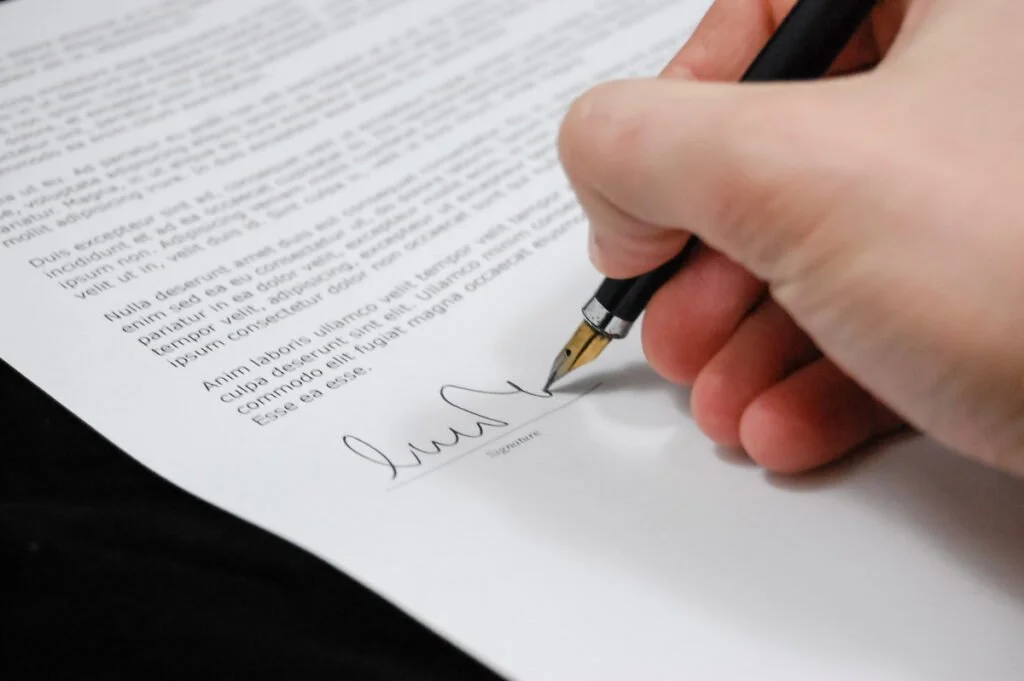What You Need to Know About Embassy and Consular Legalization
What Is Embassy and Consular Legalization?
Embassy and consular legalization is the formal process of verifying documents so they are accepted as valid in another country. When a document is issued in one country, it cannot automatically be recognized abroad. For it to be legally binding, the document must undergo authentication through government offices and, finally, the destination country’s embassy or consulate.
This process guarantees that the document meets the legal standards of both the issuing and receiving country. Whether for business, education, immigration, or investment, document legalization plays a vital role in ensuring compliance and credibility.
Key Steps in the Embassy Legalization Process
Step 1: State-Level Certification
The first step is to have the document authenticated by the Secretary of State in the state where it was issued. This step confirms that the document is genuine and was properly executed.
Step 2: Federal Authentication (If Applicable)
Some countries require additional verification from the U.S. Department of State before embassy submission. This extra layer of authentication ensures international recognition of the document’s legitimacy.
Step 3: Embassy or Consular Legalization
Finally, the document must be submitted to the embassy or consulate of the destination country. The embassy adds its official seal, certifying the document for legal use abroad.
Why Embassy Legalization Is Essential
Embassy and consular legalization is not just a bureaucratic formality—it is often mandatory. Common reasons include:
Legal Compliance: Ensures that your documents meet the legal framework of the destination country.
Business Expansion: Required for setting up a company, opening a branch, or signing contracts in foreign markets such as the UAE.
Visa and Immigration: Crucial for work visas, residency applications, and investor visas.
Academic and Personal Matters: Necessary for using diplomas, transcripts, birth certificates, and marriage certificates abroad.
Understanding Jurisdiction in Document Legalization
One of the most misunderstood aspects of consular legalization is jurisdiction. Jurisdiction determines which embassy or consulate has the authority to process your document, based on the state where it was issued.
For example:
A document issued in Texas may need to be processed by the Consulate in Houston.
A document from California could fall under the jurisdiction of the Consulate in Los Angeles.
Submitting documents to the wrong location can cause delays, rejection, or additional costs. To avoid mistakes, always confirm which embassy or consulate has jurisdiction over your document.
Challenges in Embassy Legalization
While the process is straightforward in theory, it can be complex and time-consuming in practice:
Different Requirements: Each country sets its own legalization rules.
Delays: Multi-step authentication can take several weeks.
Costs: Every stage involves fees that can quickly add up.
Translations: Many documents must be officially translated before acceptance.
Tips for a Smooth Legalization Process
Start Early: Begin the process well in advance of deadlines.
Consult Specialists: Professional legalization services can guide you through complex requirements.
Check Requirements: Stay updated on the embassy’s rules, as they may change.
Prepare Complete Documents: Incomplete or inaccurate paperwork leads to rejection.
Why Use Professional Legalization Services?
Many individuals and companies turn to professional legalization agencies because:
They have expert knowledge of country-specific requirements.
They save time by handling all paperwork and submissions.
They reduce stress by avoiding mistakes and rejections.
They offer a global reach, managing legalization for multiple destinations.
Conclusion
Whether you are expanding your business into the UAE, applying for a work visa, or using personal documents abroad, embassy and consular legalization is a critical step. By understanding the process, preparing properly, and seeking expert assistance when needed, you can avoid delays and ensure your documents are legally recognized worldwide.

